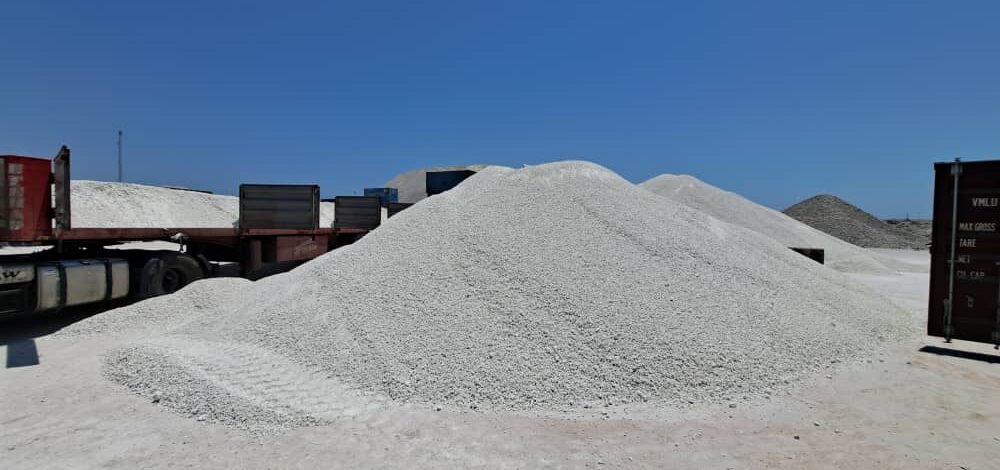The Benefits of Barite: A Versatile Mineral for Various Industries
Uncovering the Benefits of Barite
Barite, also known as baryte, is a mineral composed of barium sulfate (BaSO₄). It is widely recognized for its high density and chemical inertness, making it a valuable resource in multiple industries. From oil and gas drilling to the production of paints and pharmaceuticals, barite offers a range of benefits that make it indispensable in many commercial applications.
What is Barite?
Barite is a naturally occurring mineral found in sedimentary rocks, often in association with minerals like quartz, calcite, and fluorite. It typically forms in a variety of colors, including white, yellow, brown, and gray. Barite’s key characteristic is its high specific gravity, which is among the highest for non-metallic minerals. This property, along with its relative abundance and ease of extraction, contributes to its widespread use in industry.
The Key Benefits of Barite

High Density for Drilling Fluids
One of the most significant benefits of barite is its high density, which is crucial in the oil and gas industry. Barite is extensively used as a weighting agent in drilling fluids, commonly known as drilling muds. These fluids help control pressure in the wellbore during drilling operations, preventing blowouts and maintaining well stability. Barite’s high specific gravity ensures that the drilling fluid is heavy enough to counterbalance the pressure exerted by underground formations, making it an essential component in deep drilling activities.
Chemical Inertness for Industrial Applications
Barite’s chemical inertness is another major benefit, allowing it to be used in a variety of industrial applications without reacting with other chemicals. This property is particularly valuable in the production of paints, coatings, and plastics, where barite serves as a filler and extender. Its ability to remain stable and non-reactive in harsh chemical environments enhances the durability and performance of these products, contributing to their long-term reliability.
Radiation Shielding in Medical Applications
Another critical benefit of barite is its ability to absorb X-rays and gamma rays, making it an essential material in the medical field. Barite is used in the production of barium meals, which are ingested by patients undergoing X-ray examinations of the digestive system. The high density of barite blocks harmful radiation, providing clear images of the gastrointestinal tract without exposing patients to excessive radiation doses. Additionally, barite is used in the construction of radiation shielding materials in hospitals and laboratories.
Environmental Benefits of Barite
Barite also offers environmental benefits, particularly in its role as a non-toxic alternative to other weighting agents and fillers. Unlike some heavy metals that can be harmful to the environment, barite is benign and does not pose significant risks to human health or ecosystems. This makes it a safer choice for use in various applications, especially in sensitive environments like offshore drilling.
Expanding Applications of Barite
Beyond its traditional uses, barite’s unique properties are opening up new opportunities in emerging industries. For example, the high purity barite is being explored for use in advanced battery technologies and electronics. Additionally, its non-toxic nature makes it a candidate for use in eco-friendly products, supporting the growing demand for sustainable materials in manufacturing.
Iran mineral company

